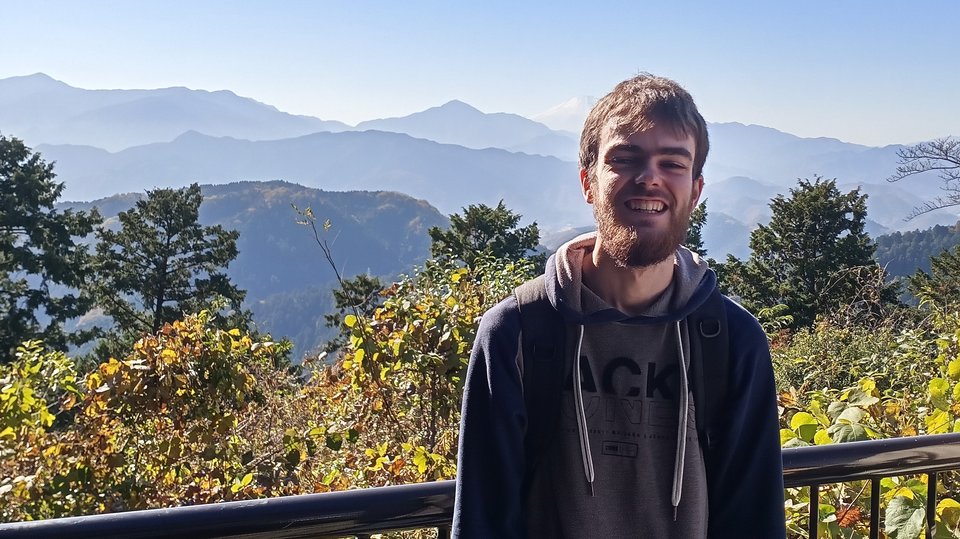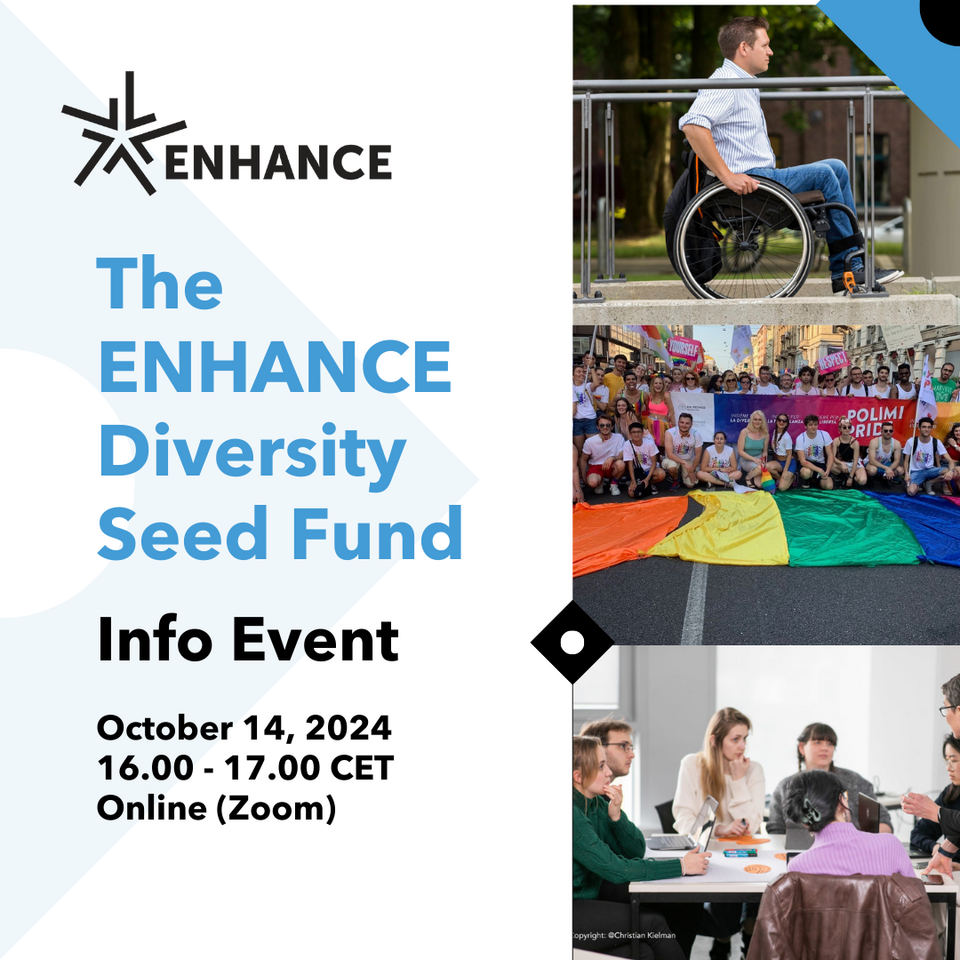Bijoy Bera
Dr. Bijoy Bera Assistant Professor +31 (0)15 27 81036 B.Bera-1@tudelft.nl Building 58 Van der Maasweg 9 2629 HZ Delft The Netherlands I am interested in the fascinating interfacial phenomena displayed by soft matter and in describing the physics (and physical chemistry) thereof. I focus specifically on interactions between molecules and ions within a (fluid) phase as well as between two (fluid-fluid or fluid-solid) phases. E.g., what are the complex interactions in a very thin film containing polymer molecules? And how do these interactions change when the thin film is on a solid substrate? or, more complicated still, if there is a third fluid (oil, for example) present in this situation? I experimentally investigate these interactions using a wide range of methods such as force spectroscopy, surface modification, microfluidics and subsequently theoretically model these systems for a comprehensive picture. In addition to understanding these interfacial events, I also try to modify/manipulate these interactions using external agents such as electric field or a chemical driver. Many of these phenomena are crucial for a wide range of industrial and medical applications starting from oil and gas industry, to food manufacturing all the way to bio-gluing the injury of a patient in a hospital. Research group Academic background Bijoy Bera studied Mechanical Engineering at bachelor’s and Applied Physics at master’s degree level at University of Alberta, Canada. Then he started his PhD in 2011 at the Physics of Complex Fluids (PCF) group, University of Twente. His PhD research was about wetting transition and thin film stabilities with change of chemical potential. After completing his PhD at the end of 2015, Bijoy worked as a NWO postdoctoral fellow at Institute of Physics, University of Amsterdam between 2016 and 2018. Since 2018 until the summer of 2020, Bijoy worked as a researcher and lecturer at the Wageningen University. +31 (0)15 27 81036 B.Bera-1@tudelft.nl Building 58 Van der Maasweg 9 2629 HZ Delft The Netherlands Keywords Wetting Theory Interaction at Interfaces Microfluidics Google Scholar







